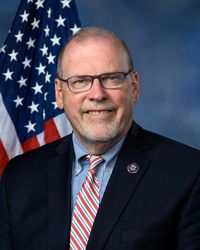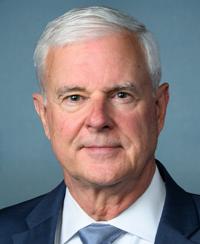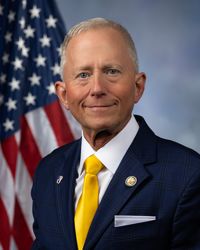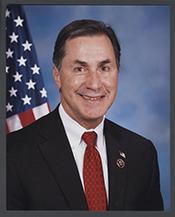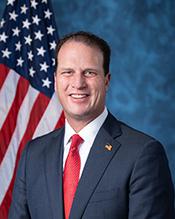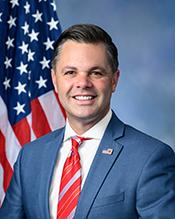0
HALT Fentanyl Act
3/3/2025, 8:04 PM
Summary of Bill HR 27
The main goal of this bill is to address the growing crisis of fentanyl-related overdoses by increasing the penalties for the trafficking and distribution of fentanyl and its analogues. The bill seeks to classify certain fentanyl-related substances as Schedule I controlled substances, which are considered to have a high potential for abuse and no accepted medical use.
Additionally, the bill includes provisions for increasing funding for law enforcement efforts to combat the trafficking of fentanyl and other synthetic opioids. It also calls for increased resources for addiction treatment and prevention programs to help individuals struggling with opioid addiction. Overall, the Fentanyl Scheduling Act aims to address the public health crisis caused by fentanyl and other synthetic opioids by increasing penalties for trafficking, providing resources for law enforcement efforts, and expanding access to addiction treatment programs.
Congressional Summary of HR 27
Halt All Lethal Trafficking of Fentanyl Act or the HALT Fentanyl Act
This bill permanently places fentanyl-related substances as a class into schedule I of the Controlled Substances Act. A schedule I controlled substance is a drug, substance, or chemical that has a high potential for abuse; has no currently accepted medical value; and is subject to regulatory controls and administrative, civil, and criminal penalties under the Controlled Substances Act.
Under the bill, offenses involving fentanyl-related substances are triggered by the same quantity thresholds and subject to the same penalties as offenses involving fentanyl analogues (e.g., offenses involving 100 grams or more trigger a 10-year mandatory minimum prison term).
Additionally, the bill establishes a new, alternative registration process for certain schedule I research.
The bill also makes several other changes to registration requirements for conducting research with controlled substances, including
- permitting a single registration for related research sites in certain circumstances,
- waiving the requirement for a new inspection in certain situations, and
- allowing a registered researcher to perform certain manufacturing activities with small quantities of a substance without obtaining a manufacturing registration.
Finally, the bill expresses the sense that Congress agrees with the interpretation of Controlled Substances Act in United States v. McCray, a 2018 case decided by the U.S. District Court for the Western District of New York. In that case, the court held that butyryl fentanyl, a controlled substance, can be considered an analogue of fentanyl even though, under the Controlled Substances Act, the term controlled substance analogue specifically excludes a controlled substance.
Read the Full Bill
Current Status of Bill HR 27
Bipartisan Support of Bill HR 27
Total Number of Sponsors
23Democrat Sponsors
0Republican Sponsors
23Unaffiliated Sponsors
0Total Number of Cosponsors
316Democrat Cosponsors
6Republican Cosponsors
310Unaffiliated Cosponsors
0Policy Area and Potential Impact of Bill HR 27
Primary Policy Focus
Crime and Law EnforcementAlternate Title(s) of Bill HR 27
Comments

Paula Gardner
10 months ago
This bill is so sad, it's gonna help stop the bad stuff. I hope it works out.

Emersyn Perry
10 months ago
I think this bill is not good because it could make it harder for people who need fentanyl for medical reasons to get it. It might also make it easier for people to misuse fentanyl. I hope they can find a better solution to this problem. Did you know that this bill also includes provisions for increasing penalties for fentanyl-related crimes?

Lakelynn Sims
10 months ago
I can't believe this HR Bill 27 is gonna make it harder for me to get my pain meds. It's like they don't care about people who actually need it. Why do they have to make everything so complicated? #frustrated

Michaela Harding
10 months ago
I don't like this bill, it's not good for me. They should do something else. #notgood Did you know that this bill could potentially save lives by regulating fentanyl-related substances more effectively?

Gian Cross
10 months ago
I just heard about this new bill about fentanyl stuff and it's making me really sad. I don't know much about it, but it sounds like it could have a big impact on people. I hope they really think about how it might affect everyone before they do anything with it.
